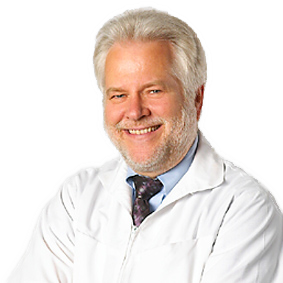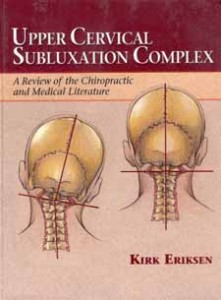Courtesy of:
John H. Keefe III, D.C.
(918) 663-1111
IN THE NEWS: IN DEFENSE OF ANTIDEPRESSANTS Do antidepressants work? The notion that they don’t—that Prozac, Lexapro and other drugs are little more than placebos with side effects—has become mainstream. “Antidepressant Lift May Be All in Your Head,” a typical headline reads, atop an article citing research from medical journals. With as many as one in eight American adults now taking an antidepressant, the stakes are high. NOTE: interesting article considering the fact that more than one study has shown natural approaches to depression equal to the drug approach and sometimes better, particularly if you’re talking side effects. The drug benefits tend to show up better in severe depression yet that doesn’t mean the natural approach might not be equally as effective. Wisdom would say try a natural approach 1st then if that doesn’t work consider drugs.
WELLNESS: Antidepressant Alternatives Proven to Work 1. Cognitive behavioral therapy (CBT) Cognitive Behavioral Therapy seeks to help people change how they think about things. Within 20 sessions of individual therapy, approximately 75 percent of patients experience a significant decrease in their symptoms. 2. St John’s wort St John’s wort (Hypericum perforatum) is commonly used for the treatment of depressionIt can be at least as effective as paroxetine (Paxil) in the treatment of moderate to severe depression in the short term. 3. S-Adenosylmethionine (SAMe) . Several scientific studies indicate that SAMe may be useful in the treatment of depression. 4. Light Therapy Light therapy is an effective treatment for seasonal affective disorder, and it may reduce the symptoms of non-seasonal depression as well. 5. Exercise The antidepressant effect of regular physical exercise is comparable to potent antidepressants like Sertraline. 5. 5-Hydroxytryptophan (5-HTP) The evidence suggests 5-HTP and tryptophan are better than a placebo at alleviating depression. . 6. B Vitamins Folic acid deficiency has been noted among people with depression. Vitamin B6, or pyridoxine, is the cofactor for enzymes that convert L-tryptophan to serotonin, so vitamin B6 deficiency might result in depression. And there is some evidence that people with depression respond better to treatment if they have higher levels of vitamin B12.
CHIROPRACTIC: Chiropractic Can Help Depression and Anxiety A case study published in the Journal of Upper Cervical Chiropractic Research on June 20, 2013, reports on the results of a case series showing chiropractic helping patients with depression and anxiety. This case series was looking for follow up on previous surveys showing that chiropractic patients felt chiropractic care helped with their mental and emotional states. The authors begin by reporting that a previous study showed that in a survey of 2818 patients who completed chiropractic care, 76% of those patients reported a mental/emotional improvement, as well as positive changes in stress and life enjoyment over a period of several months following the chiropractic care. Additional prior studies also showed chiropractic care assisting patients with these types of mental health disorders.
FUNNY BONE: A man asks a farmer near a field, “Sorry sir, would you mind if I crossed your field instead of going around it? You see, I have to catch the 4:23 train.” The farmer says, “Sure, go right ahead. And if my bull sees you, you’ll even catch the 4:11 one
LINK: /anxiety-depression-and-your-gut





